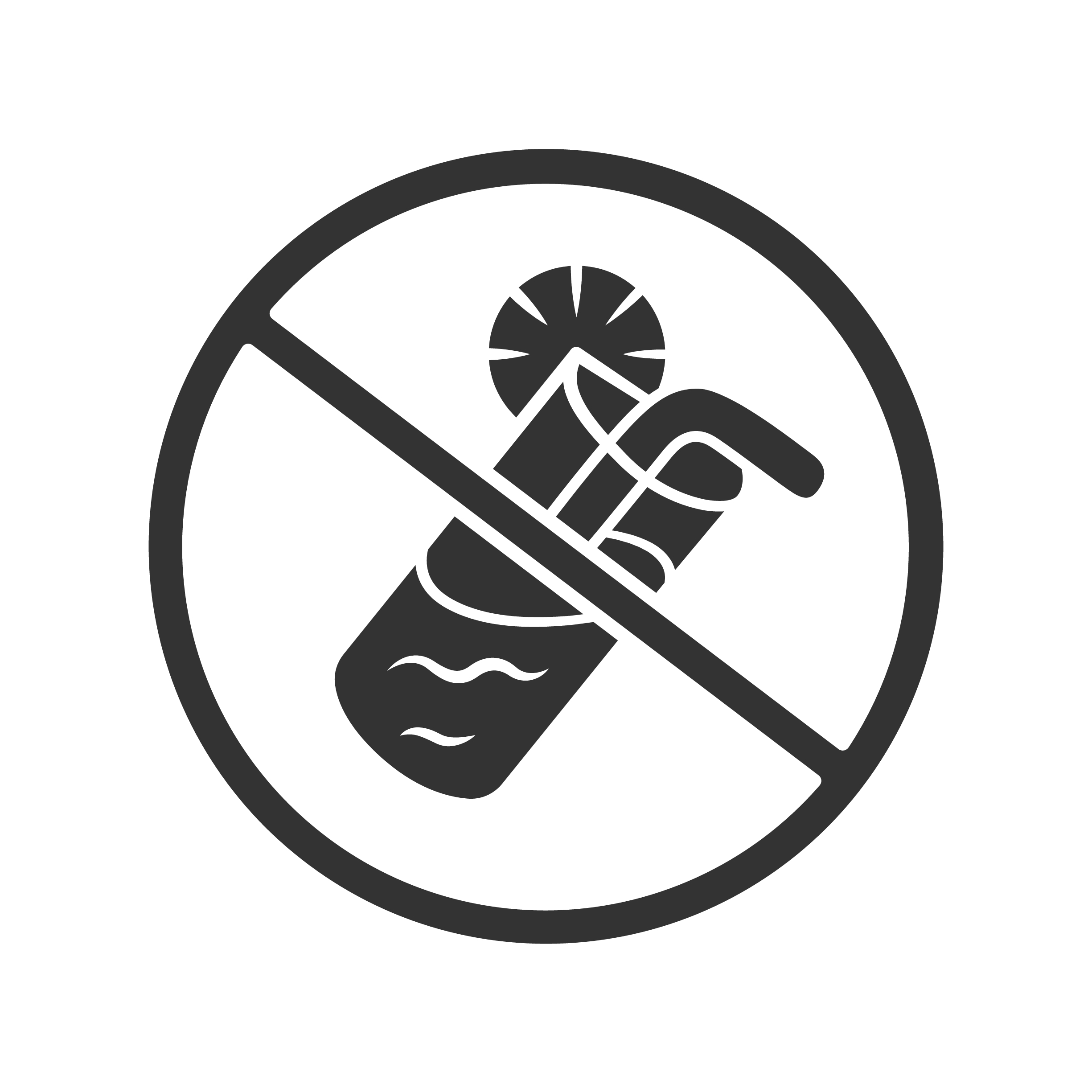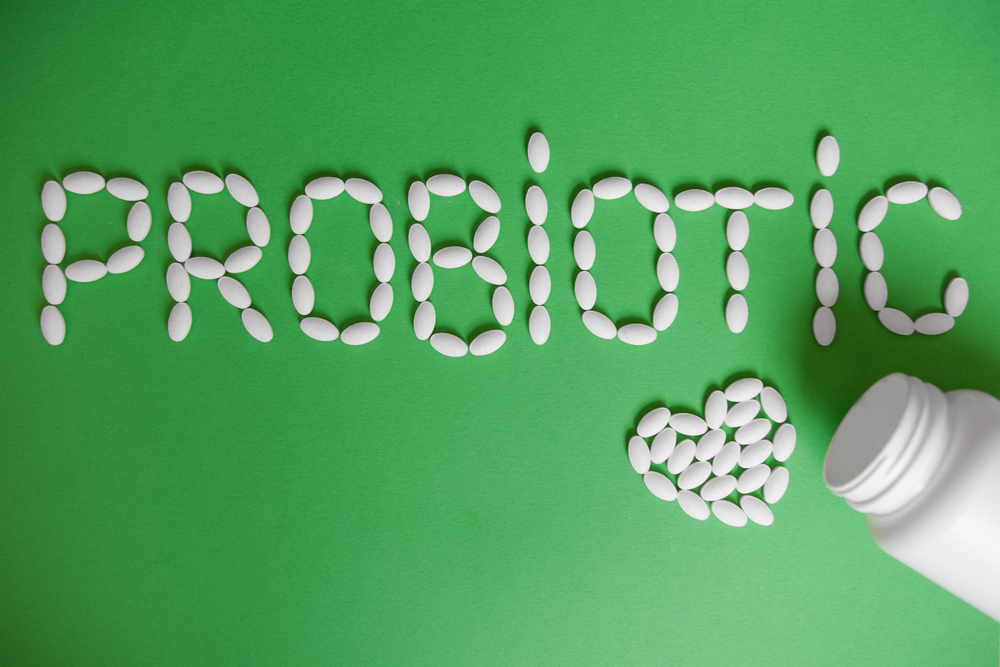It may be common but indigestion, which generally involves heartburn, is always unpleasant.
But the good news is symptoms can often be alleviated quite quickly, or, better still, avoided in the first place as clinical nutritionist Suzie Sawyer explains.
What is it?
Indigestion is a ‘catch-all’ term for many different symptoms. From bloating and belching after meals, to heartburn or acid reflux and general stomach discomfort, they can all create havoc in your life.
Heartburn
The burning of acid reflux, commonly known as heartburn, is in fact nothing to do with the heart. It’s basically the acid that should remain firmly in your stomach creeping its way through the flap at the bottom of the oesophagus and coming up into the unprotected gullet. The tendency to reflux is exacerbated if the stomach is overfull or if there is increased pressure on the stomach, during pregnancy, for example.
Eating a large meal at night or lying down too soon after eating, will often cause burning as well as general discomfort.
Did you know?
It’s generally thought that having acid reflux means your stomach is overproducing acid. The burning feeling is not that there’s too much acid, it’s just it’s in the wrong place, the oesophagus. Indeed, most people, especially as they get older, produce too little acid, which can cause bloating and other digestion problems.
Bloating
Other issues can aggravate bloating (and flatulence) such as imbalanced gut microbiome, inadequate chewing, eating too quickly, poor liver function, food intolerances and inadequate production of digestive enzymes. Clearly, more serious conditions can also cause digestive upsets, such as inflammatory bowel disease.
Top tips
As a first line ‘attack’ why not try the following for a couple of weeks to see if symptoms improve:
Check how much dairy is in your diet

Lactose intolerance, which is an inability to digest the sugar in milk, is not uncommon. Additionally, dairy is a well-known food allergen and often causes digestive upsets. Try cutting out dairy for a couple of weeks to see if bloating, and especially acid reflux improves.
Cut the caffeine

This can be seriously bad for heartburn sufferers’ and will irritate the base of the oesophagus, making reflux more likely. Coffee is the biggest antagonist; even one coffee a day can be a problem.
Avoid eating fruit with other food

Eating fruit with meals can often lead to poor digestion generally. Instead eat fruit a couple of hours away from anything else.
Don’t bulk up on fizzy drinks

It may seem obvious, but all fizzy drinks contain gas which can manifest itself as internal gas too. Fizzy drinks generally either contain sugar or sweeteners – both equally bad news for the digestive system.
Take a probiotic

Imbalanced gut flora is very common, especially if you’ve a high sugar diet, low-fibre diet, are stressed, are taking hormone medication or other pharmaceutical medication. Imbalanced gut flora will lead to bloating, often caused by constipation (gut bacteria are essential for stool production). Try a course of probiotics containing the resident strains, Lactobacillus and Bifidobacterium, for three months.
Raise your pillow at night

Acid reflux during the night is very common. Hopefully, following some of the above measures will help, but if you’re still struggling, then raise your head well above your heart so the acid does not have the chance to flow up the oesophagus.
Try these tips initially to help bring relief. If indigestion and heartburn are ongoing with no obvious reason, then talk to your GP for further advice.
All images: Shutterstock
























Add comment